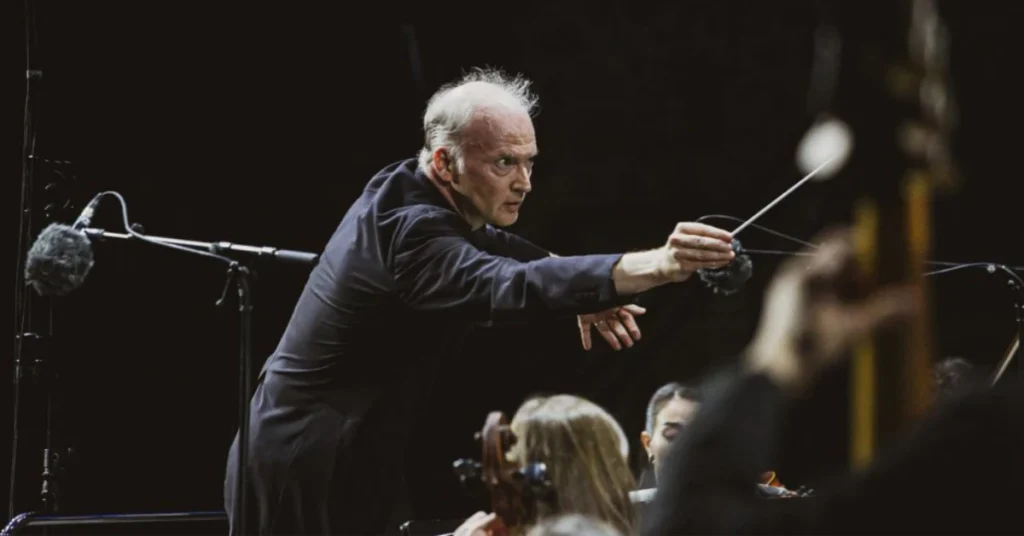After Trump’s Kennedy Center shakeup, conductor Gianandrea Noseda doubles down on unity — from Washington to the Caucasus.

When President Donald Trump abruptly dismissed the Kennedy Center’s longtime leadership earlier this year and appointed himself as chairman, the shockwaves through Washington’s arts community were immediate.
Two of the institution’s most visible artistic advisers — opera icon Renée Fleming and singer-songwriter Ben Folds — resigned in protest, and roughly a quarter of the National Symphony Orchestra’s subscribers canceled their memberships. Many feared the move signaled an attempt to politicize one of America’s most prestigious cultural institutions.
But amid the fallout, conductor Gianandrea Noseda — one of the world’s most respected maestros — made a striking decision: he stayed. Instead of joining the exodus, he extended his contract with the National Symphony Orchestra (NSO) through 2031, ensuring stability as the Kennedy Center navigates its most turbulent period in decades.
“I respect people who think differently,” Noseda said, noting that while he admires artists like Leonard Bernstein who spoke out politically, his focus now is on responsibility and continuity rather than protest.
Trump’s reshaping of the Kennedy Center has drawn widespread criticism from cultural observers who see it as another example of his tendency to consolidate control over public institutions. Yet, for Noseda, the upheaval reinforced his belief in the power of art to transcend politics.
While he remains neutral on partisan matters, his actions speak to a deeper conviction: that music can be a stabilizing and unifying force even in divided times.
That conviction extends far beyond Washington. Noseda also leads the Pan-Caucasian Youth Orchestra (PCYO), a cross-border musical collective of 80 young musicians from countries historically divided by conflict — including Georgia, Armenia, Azerbaijan, Ukraine, Turkey, and Kazakhstan.
The orchestra performs annually at the Tsinandali Festival in Georgia, where it serves as a cultural bridge in a region still scarred by war and political unrest.
Under Noseda’s direction since its founding in 2019, the PCYO has become a symbol of coexistence through art. Its repertoire spans Beethoven to Mahler, and its performances attract standing ovations and world-class soloists such as Sir András Schiff and Misha Maisky.
Musicians say politics never enter the rehearsal room — only collaboration and respect.
Even as Georgia faces its own political uncertainty, Noseda remains optimistic. His work, both in Washington and the Caucasus, embodies a quiet defiance: while others protest or withdraw, he builds — forging harmony, quite literally, across borders.











